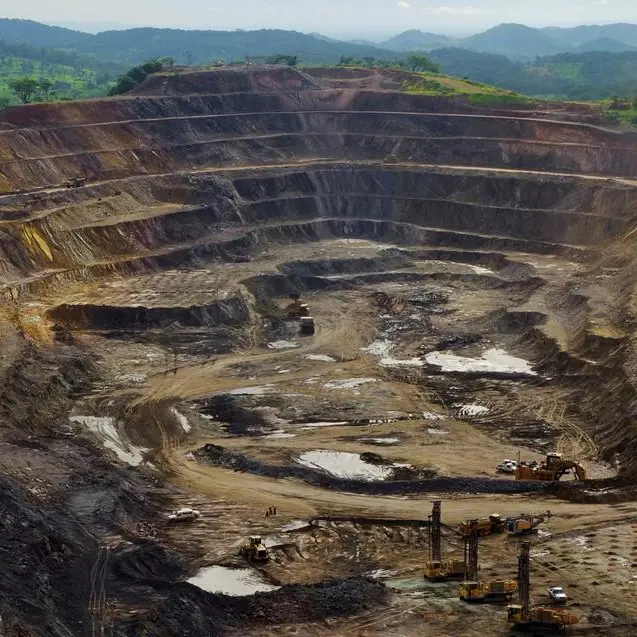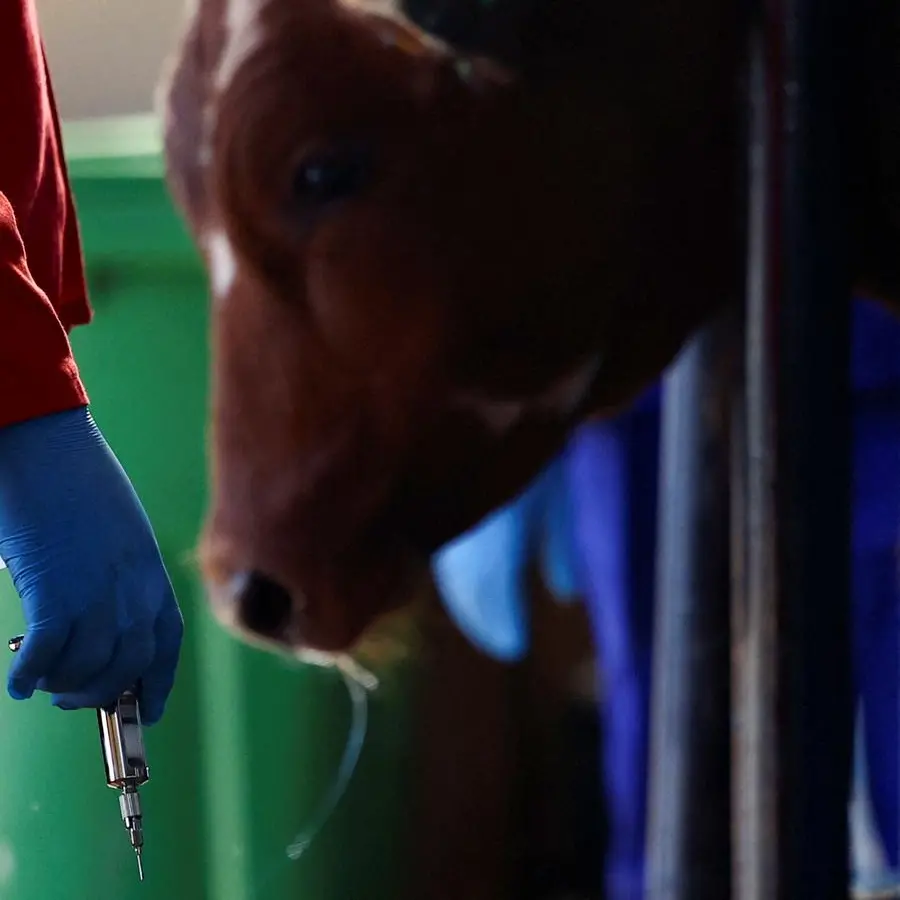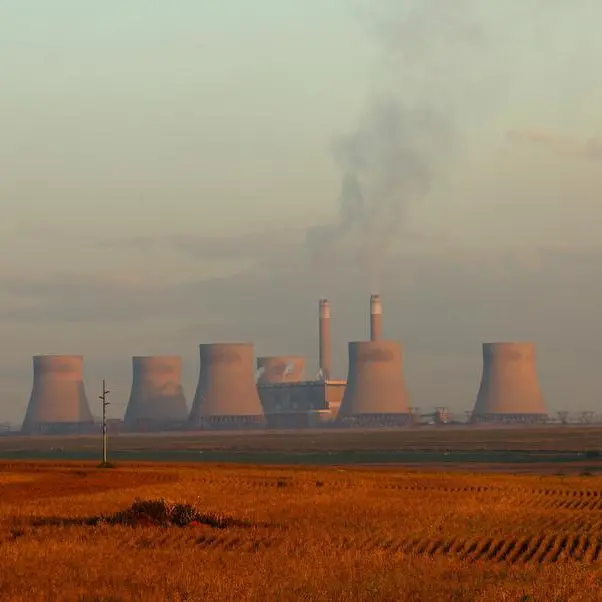PHOTO
Hundreds of environmental campaigners marched in the Kenyan capital Nairobi on Saturday demanding drastic curbs on plastic production, ahead of a meeting to negotiate a global plastics treaty.
Representatives from more than 170 nations will meet in Nairobi from Monday to negotiate what concrete measures should be included in a binding worldwide treaty to end plastic pollution.
Marchers called for the talks to focus on cutting the amount of plastic produced and waved placards reading "Plastic crisis = climate crisis" and "End multigenerational toxic exposure".
They chanted "let polluters pay the price" as they walked slowly behind a ceremonial band from central Nairobi to a park in the west of the capital.
Nations agreed last year to finalise by 2024 a world-first UN treaty to address the scourge of plastics found everywhere from mountain tops and the deepest sea trenches to inside human blood streams.
Negotiators have met twice already but Nairobi is the first opportunity to debate a draft treaty published in September that outlines the many pathways to tackling the plastic problem.
"There is a lot of talk on end of pipe solutions which we do not need right now," Tiara Samson, an associate from the Break Free From Plastic movement, which organised the Saturday march, told AFP.
"Investing in those solutions divert the focus on what we really need to do which is mandating ambitious targets on plastics reduction," added the campaigner, who travelled from the Philippines.
Stalling talks
The November 13-19 meeting in Nairobi is the third of five sessions in a fast-tracked process aiming to conclude negotiations next year so the treaty can be adopted by mid-2025.
At the last talks in Paris, campaigners accused large plastic-producing nations of deliberately stalling after two days were lost debating procedural points.
This time around, the sessions have been extended by two days but there are still concerns a weaker treaty could emerge if time for detailed discussion is swallowed up going in circles.
Global plastic production has more than doubled since the start of the century to reach 460 million tonnes, and it could triple by 2060 if nothing is done.
It wraps food, is woven into clothes and the fabric of buildings, and is an important material for disposable medical products.
But less than 10 percent of plastic waste is currently recycled.
Microplastics have been found everywhere from clouds to the deepest sea trenches, as well as throughout the human body.
The effects of plastics on human health remain poorly understood, but there is growing concern among scientists.
Plastic also contributes to global warming, accounting for 3.4 percent of global emissions in 2019, according to the Organisation for Economic Cooperation and Development.





















